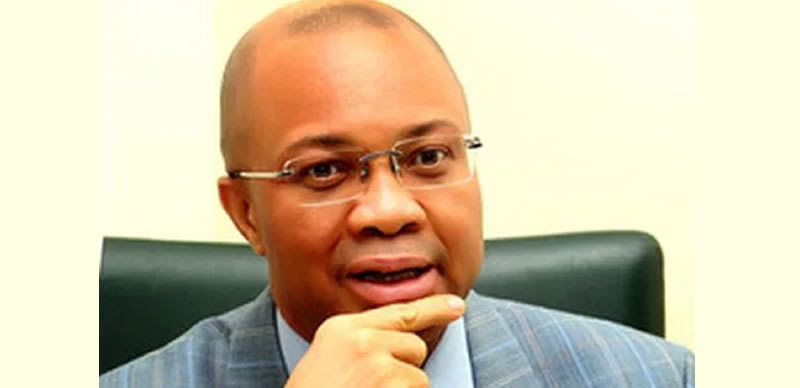The director general of the Budget Office of the Federation, Mr Ben Akabueze has said, there is a need for urgent and decisive measures the country must take to avert the public debt crisis among which is the removal of Premium Motor Spirit (PMS) subsidies.
Speaking on the topic: ‘the National Debt Burden: Causes, Effects and Realistic Economic Solutions’ at the annual conference/awards of the Institute of Chartered Secretaries and Administrators of Nigeria (ICSAN), he said: “since 2020, public debt in Nigeria has risen to N32.9 trillion, equivalent to $86.4bn, It got to N39.6 trillion, equivalent to $95.8bn at the end of 2021 and this has risen to N41.6 trillion, equivalent to $101.1bn as of the end of March this year, while debt service approximately $7.7bn in 2021, an increase from 6.4bn in 2020, and because public debt is domestic debt, domestic debt service is also a significant proportion of debt service.
Akabueze, who was represented virtually by his technical adviser, Olumide Ayodele, said the government believe that investment is required to bridge the infrastructural gap and provides public sector services to the people, but the service exceeds the available resources of the government, which leads the government to borrow to finance and used for a critical development project that would eventually improve revenue capacity generation for the economy, improved the business environment and sustained over time to avoid a debt crisis.
In his welcome address, the president of ICSAN, Taiwo Owokalade noted that the country has not only amassed huge amounts of debt but has kept borrowing at a fast rate thus struggling to service the interest on the debt.
He noted that, incurring debt is not by itself a negative development, but the size of the debt vis-à-vis the national income, cum the nature of the projects to which the obtained loans are applied were the pertinent issues for serious consideration.
Owokalade added: “We cannot talk of national sustainability if we cannot survive except by taxing the resources that should be available for the future.
“The pertinent questions now are: is the borrowing spree sustainable? “how do we break free from this debilitating burden of debt? “What governance model can we adopt to soar above this debt trap and still manage to procure growth and development? “





